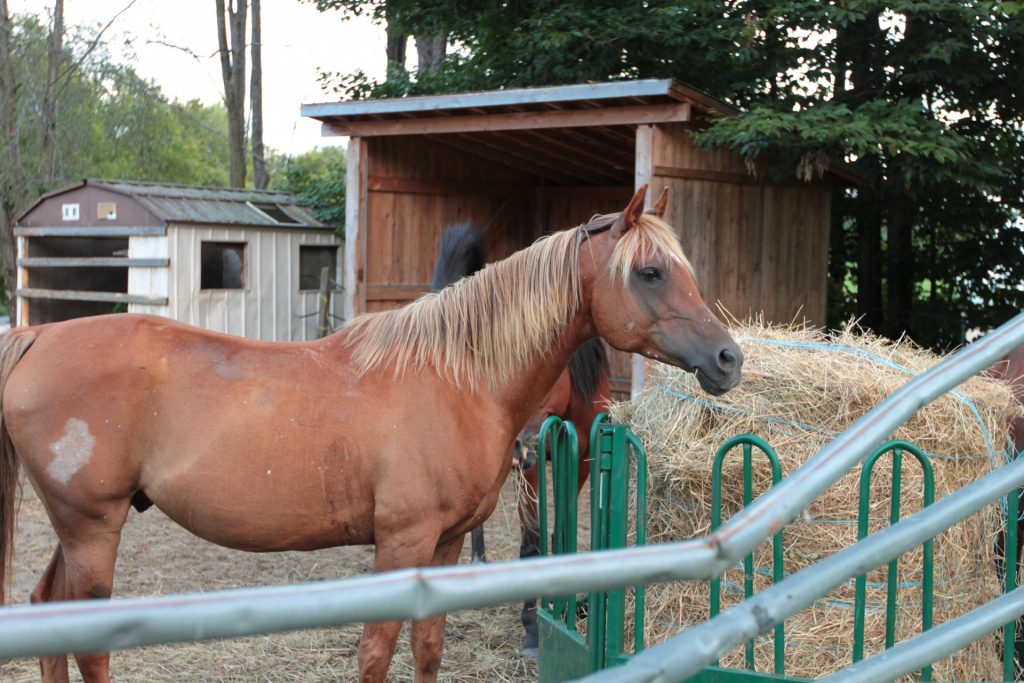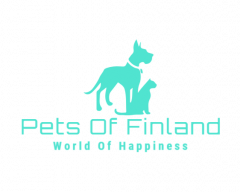In Finland, an organization called Green Care Finland works to develop, promote, and coordinate the use of animal and nature assisted methods in the health and wellbeing services of the country. The two distinct domains currently in use are called Green Care and Green Empowerment.
Green Care clients typically include vulnerable groups such as the physically disabled, elderly, immigrants, and mentally disabled. The services are provided within the prevailing social services and health care legislation.
Green Care Empowerment services include activities that support the overall physical and mental wellbeing of clients and can be considered as preventive measures. Activities are typically conducted by nature tourism or organizations concerned with wellbeing.
Green Care
Green Care services are similar to other activities elsewhere in the world like Farming for Health, Care Farms, Social Farming, Groene Zorg, and Inn på tunet. The main building blocks of Green Care are Meaningful Activities, Nature Contact, and Social Interaction. All activities are conducted by trained professionals. Activities are designed to improve and maintain human well-being and overall quality of life for everyone. Many related occupational fields such as rehabilitation, prevention of health problems, and health care are involved. Activities take place in agricultural and rural environments, in woods, in gardens or indoors, and in urban areas. A variety of nature-based methods are used that rely on interaction with nature as well as animals.
Green Care Methods
There are several different methods that are used for Green Care activities one of which is animal-assisted therapy including:
• Dog Assisted Intervention
Based on the interaction between humans and dogs, a dog accompanies a social care worker, health care professional, or people working in the educational field when dealing with clients. Dogs and cats are frequent visitors to care facilities and nursing homes but there is increasing interest in the use of farm animals like sheep, goats, cattle, and chickens in animal-assisted activities for therapy.

• Riding Therapy
Horses have long been known to provide significant therapeutic benefits to human beings. It is one of the best-known animal-assisted therapies (AAT) and animal-assisted activities (AAA) in Finland. The therapy encompasses activities with horses to promote emotional, occupational, and physical growth in persons suffering from disorders such as anxiety, ADHD, autism, depression, dementia, alcohol and drug addictions, and other mental health disorders. Socio-pedagogical horse activities are also used and at Purola Farm a variety of activities are organized with Icelandic horses, including pedagogical horse activities.

Rehabilitation in a Green Environment
Social Farming or Care Farming is an essential part of green care activity in Europe. At a Care, Farm people care for animals as well as taking part in season bound activities and cultivation that provide the opportunity to get close to nature. The daily rhythm of farm life and joint activities support individuals in the rehabilitation process.
Forestry or woodland activities are also effective at achieving the same purpose.
The Benefits of Animal and Nature-assisted Therapy
Several studies have shown how animals and nature can have a positive effect on human health. The calming effects can be measured in blood pressure, heart rhythm, muscle tension, and stress hormone levels in the blood. In Eco-Psychology humans are seen as interlinked with nature and the well-being of all life. The activities reconnect humans to nature and support them in finding equilibrium in life.
Caring Canine Finland
The mission of the organization is to create public awareness of the ability of dogs to improve human health and to promote appreciation of the natural ability of animals to improve human well-being. While dogs are currently being used to great effect to help people live fuller lives, we have only discovered a fraction of their skills and how important they are to us. Approximately 800,000 dogs in Finland already live in close proximity to people where they naturally perform the important function of promoting the health and well-being of their families. Horses have been used since the 1970s to help clients deal with mental problems but the use of dogs for animal-assisted therapy is still quite a new phenomenon in Finland.
Caring Canine Methods
Caring Canine strives to bring the canine community and the health and social health care services together in stimulating and recreational activities. These activities are meant to offer people a means of improving mental well-being, maintaining good health, and preventing isolation by experiencing the impact of dog-assisted activities on their lives. The benefits of dog-assisted therapy have been scientifically studied and proven to be positive. Clients include senior citizens, those with chronic medical conditions, public institutions, and organizations providing mental health services.
The main principle is that a dog is enough in itself and does not need to be taught anything special to be a good companion. On one hand, the activities improve the well-being of those taking part and on the other the well-being of the dogs as it offers ways to educate people on the proper treatment, care, and incorporation of dogs into society.
Activities are based on utilizing the normal routines that make up the day in an ordinary dog owner’s life. Dogs are taken for group walks where clients get to enjoy the company and health-promoting benefits of being with dogs. Participants can bring along their own dogs but this is not a requirement. For the dogs, this is an excellent way to socialize and a natural form of enrichment and activation that improves their ability to function in society.
Watch this video on human and dog interactions
